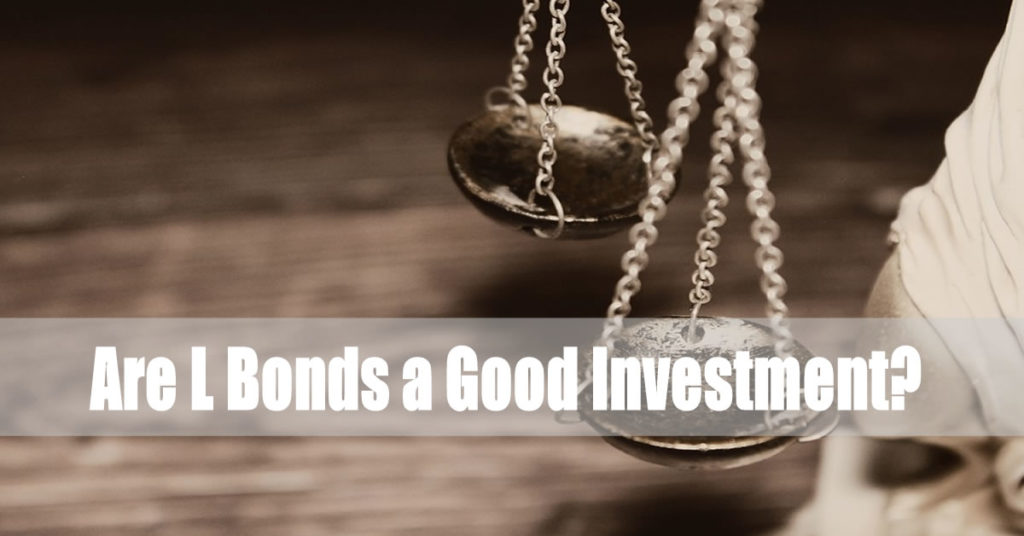Are L bonds a good investment? The short answer is that L Bonds are not a good investment for most investors due to the risk and lack of liquidity. The current value on the secondary market is 20-30 cents on the dollar. Meaning GWG L Bonds lost over 70% of their value. If you haven’t heard of them, they are a high-risk product issued by GWG Holdings that was already in massive debt and filed for bankruptcy protection in the Southern District of Texas (case number 22-90032). The parent company that issued the bonds had also made false promises and was soon investigated. The bonds were withdrawn from the market, and investors’ trust was betrayed.
Haselkorn & Thibaut is currently investigating GWG Holdings L bonds and broker-dealers that sold these investments to investors. For a free, confidential consultation, call 1-800-856-3352 to speak with an experienced GWG investment fraud lawyer. This will help you understand how GWG’s bankruptcy action affects your individual investment loss recovery options, including potential securities fraud lawsuits or FINRA claims.
Investing in GWG Holdings
Table of Contents
Investing in GWG Holdings debentures may not be suitable for investors who seek liquidity. The company does not plan to list the debentures on any securities exchange during the offering period. Moreover, investors should not expect that the company will be able to use the proceeds from the sale of the debentures in the secondary market. Brokerage firms are required to perform adequate due diligence before making investment recommendations. Brokerage firms should also ensure that the investment recommendations they make are appropriate for the client’s age, net worth, risk tolerance, and investment objectives.
Investors should avoid buying GWG Holdings if they aren’t familiar with this company. This company has a long list of problems, including a lack of transparency in its public statements and missed SEC deadlines. Its independent accounting firm resigned soon after. The company has been forced to suspend its L bond sale multiple times and is behind on its interest payments to investors. Furthermore, GWG Holdings failed to file its financial reports for the year 2020.
Investing in L bonds
Before the recent L bond craze hit the market, investors were hesitant to invest. L bonds were illiquid, with no secondary market. This meant that investors were required to hold on to their bonds until they mature or pay a redemption fee. Additionally, investors didn’t have any control over the prices of L bonds, which means they were subject to greater risk than other investments. Even more concerning, investors didn’t have access to the same regulatory oversight that publicly traded investments receive.
Recently, investors have filed GWG Holdings class action securities lawsuit over the L bonds it sold to investors. According to the plaintiffs in the class action lawsuit, Emerson Equity had sold the bonds to investors, who paid up to 8% in commissions to the brokerage firms. Moreover, Brad K. Heppner, the former chairman of GWG Holdings, is also accused of setting up a distribution system for L bonds that allowed Emerson Equity to make money from investors.
Investing in L bonds in the secondary market
Investing in L bonds in the secondary marketplace is not for the faint of heart. L bonds, or life insurance bonds, were unrated, private placements that were issued to finance the purchase of life insurance policies on the secondary market. The lenders receive a fixed interest rate of 5.5% to 8.50% in exchange for taking on the risk of unpaid insurance premiums and benefits. However, L bonds are illiquid and risky investments that do not enjoy the regulatory oversight that is provided to publicly traded bonds. The securities also carry a high level of uncertainty, and investors often cannot turn a profit on their investment.
L Bonds are not suitable for retail investors. The GWG, the company that issued the L Bonds, warned investors about the risks of investing in these securities. The company allegedly failed to track the funds, leaving many investors with losses. Despite the high-interest rate, investors should be careful about investing in L Bonds in the secondary market. While it is possible to make good investments in L bonds, it is not a good idea to make risky investments in this way.
Investing in L bonds in the primary market
Investing in L Bonds in the primary market is a risky investment. It requires a high level of risk and illiquidity. In addition, brokerage firms are responsible for making recommendations that are not suitable for investors. Brokerages who fail to perform adequate due diligence or ignore red flags may face liability for unsuitable recommendations.
L Bonds are unrated life insurance bonds that finance the purchase and premium payment of life insurance contracts in the secondary market. They pay a higher yield than other publicly traded bonds because they are at risk of not receiving insurance benefits. People buy life insurance policies from insurance providers in order to protect their beneficiaries in case of their death. The insurance benefits can be in the form of monetary compensation or even life insurance. L Bonds were not suitable for investors with a high risk tolerance or liquidity needs.


